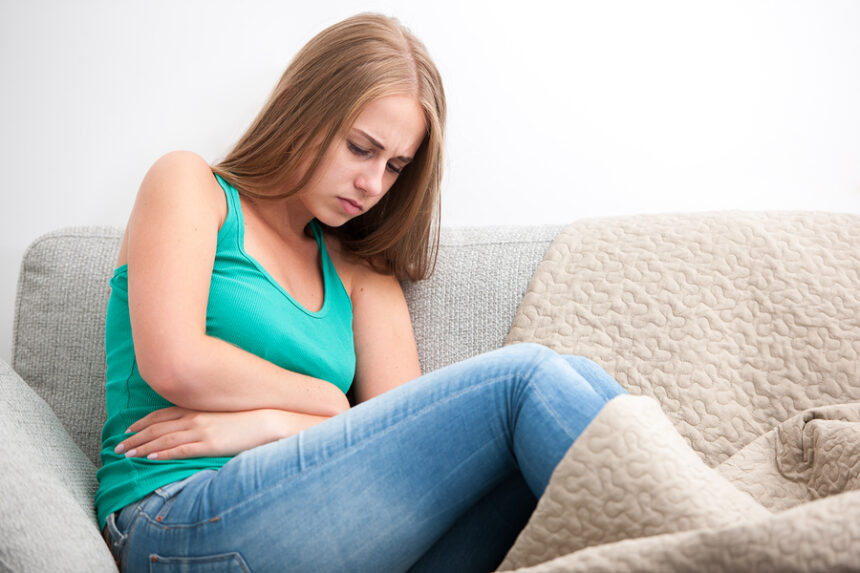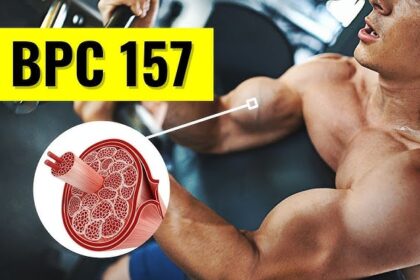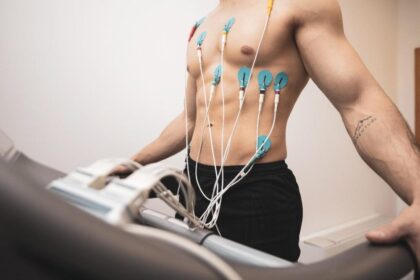Introduction
Women’s bodies undergo numerous changes throughout life, and with each phase—childhood, adolescence, reproductive years, perimenopause, and postmenopause—comes a unique set of gynecological health concerns. Understanding these issues by age group helps in early detection, effective management, and long-term well-being.
Gynecological Issues in Childhood and Pre-Adolescence (0–12 years)
1. Vulvovaginitis
This is the most common gynecological problem in young girls. It involves inflammation of the vulva and vagina, usually caused by poor hygiene, irritants like bubble baths, or infections.
Symptoms include:
- Itching
- Redness
- Vaginal discharge
- Discomfort during urination
2. Labial Adhesions
This condition involves the sticking together of the labia minora due to low estrogen levels.
Treatment:
- Often resolves on its own
- In severe cases, estrogen cream or minor surgical separation may be advised
Adolescence (13–19 years)
1. Irregular Menstrual Cycles
In early adolescence, it’s normal for periods to be irregular due to the immature hormonal axis.
Common causes:
- Stress
- Polycystic Ovary Syndrome (PCOS)
- Eating disorders
- Excessive exercise
2. Polycystic Ovary Syndrome (PCOS)
PCOS is a hormonal imbalance that affects teenage girls and women of reproductive age.
Symptoms include:
- Irregular periods
- Acne
- Weight gain
- Excess hair growth
3. Dysmenorrhea (Painful Periods)
Many teenage girls experience severe cramps during menstruation.
Management:
- NSAIDs like ibuprofen
- Heat therapy
- Hormonal birth control if needed
Reproductive Years (20–40 years)
1. Endometriosis
A condition where tissue similar to the uterine lining grows outside the uterus.
Symptoms:
- Pelvic pain
- Painful periods
- Infertility
2. Uterine Fibroids
Non-cancerous growths in the uterus common among women in their 30s.
Symptoms:
- Heavy periods
- Pelvic pain
- Frequent urination
3. Pelvic Inflammatory Disease (PID)
PID is an infection of the female reproductive organs, usually caused by sexually transmitted infections (STIs).
Symptoms:
- Pelvic pain
- Fever
- Vaginal discharge
4. Fertility Issues
Many women face fertility challenges during this phase due to:
- PCOS
- Endometriosis
- Age-related decline in egg quality
Perimenopause (40–50 years)
1. Irregular Periods
As hormone levels fluctuate, periods may become irregular—longer, shorter, heavier, or lighter.
2. Heavy Menstrual Bleeding
Hormonal imbalances, fibroids, or adenomyosis can lead to excessive menstrual flow.
3. Perimenopausal Symptoms
These include:
- Hot flashes
- Mood swings
- Vaginal dryness
- Sleep disturbances
4. Increased Risk of Uterine and Ovarian Cysts
Hormonal changes can cause functional cysts or, less commonly, concerning growths that need evaluation.
Menopause and Postmenopause (50+ years)
1. Vaginal Atrophy
Reduced estrogen levels lead to thinning and drying of the vaginal walls.
Symptoms:
- Painful intercourse
- Itching
- Urinary discomfort
2. Urinary Incontinence
Weakened pelvic floor muscles and declining estrogen can result in urine leakage.
Types:
- Stress incontinence
- Urge incontinence
3. Increased Risk of Gynecological Cancers
Women over 50 are at a higher risk for:
- Endometrial cancer
- Ovarian cancer
- Cervical cancer (if not regularly screened earlier)
4. Pelvic Organ Prolapse
A condition where pelvic organs descend into or outside the vaginal canal due to weakened support structures.
Prevention and Management Strategies Across All Ages
Healthy Lifestyle Habits
- Maintain a balanced diet rich in iron and calcium
- Exercise regularly to support hormonal balance and weight control
Regular Gynecological Exams
- Pap smears
- Pelvic ultrasounds
- HPV screening
- STI testing
Vaccinations
- HPV vaccine before sexual activity (ideally before age 26)
Education and Open Communication
- Encouraging girls and women to speak openly about menstrual and reproductive health reduces stigma and promotes timely medical help
Conclusion
Gynecological issues are a normal part of a woman’s life journey. Recognizing the problems specific to each life stage allows for prompt diagnosis, prevention, and treatment. Women should prioritize routine checkups and maintain open communication with their healthcare providers to lead healthy lives through every phase.
FAQs
1. What are the most common gynecological problems in teenage girls?
Irregular periods, PCOS, and dysmenorrhea are most common due to hormonal changes during puberty.
2. How often should women visit a gynecologist?
Annually, or as recommended based on age and medical history. Pap smears and pelvic exams are crucial.
3. Can gynecological issues affect fertility?
Yes, conditions like PCOS, endometriosis, and pelvic infections can impact a woman’s ability to conceive.
4. What causes painful periods, and when should I be concerned?
Primary dysmenorrhea is common, but if pain is severe or interfering with life, consult a doctor—it may be endometriosis.
5. Are fibroids dangerous?
Most fibroids are non-cancerous, but they can cause heavy bleeding, pain, and fertility issues.
6. What changes in menopause require medical attention?
Bleeding after menopause, severe hot flashes, or pelvic pain should be evaluated promptly.
7. Can vaginal infections recur?
Yes, especially if hygiene isn’t maintained or if there is an imbalance in vaginal flora. Treatment and prevention are key.
8. Is it normal to have discharge daily?
Clear or white discharge without odor or irritation is normal. Changes in color, smell, or consistency could signal an infection.









